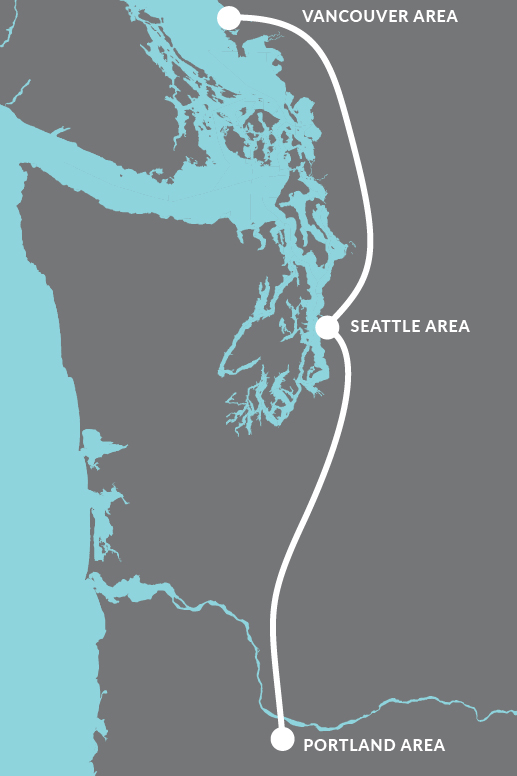
WASHINGTON — A proposed high speed rail line in the Pacific Northwest will receive $49.7 million for the second stage of planning under the Federal Railroad Administration’s Corridor Identification and Development program, a group of Washington state legislators announced Wednesday, Dec. 18.
U.S. Sens. Maria Cantwell and Patty Murray, along with six members of the state’s delegation to the U.S. House of Representatives, said in the announcement that the funding for the Cascadia High Speed Rail project will go toward route planning, identification of capital projects ,and community outreach. The federal funding will be supported by $5.6 million from the Washington State Department of Transportation.
Cantwell, Murray, and the six members of Washington’s House delegation — U.S. Reps. Rick Larson, Derek Killmer, Marilyn Strickland, Adam Smith, Suzan DelBene, and Pramila Jayapal — were among 13 federal legislators from Washington and Oregon who wrote Transportation Secretary Pete Buttigieg in September, urging funding for the project.
The Cascadia project would link Vancouver, British Columbia; Seattle; and Portland, Ore., with trains operating at up to 250 mph. The project received a $500,000 FRA grant under the Corridor ID program last year for an initial federal study [see “Full list of passenger routes in FRA Corridor program released,” Trains News Wire, Dec. 8, 2023]. A 2023 WSDOT report on the project is available here.
“This federal award is an important step forward for the Cascadia High-Speed Rail project and will support critical planning, community engagement, and initial design activities,” Murray said in a press release. “The Cascadia corridor is home to 10 million people and growing—bringing high speed rail speed to the region will be transformative, allowing Washingtonians to travel much faster and more easily between Vancouver, Seattle, Portland, and communities in between.” Jayapal said the project would create about 200,000 jobs and cut at least 6 million metric tons of carbon emissions.






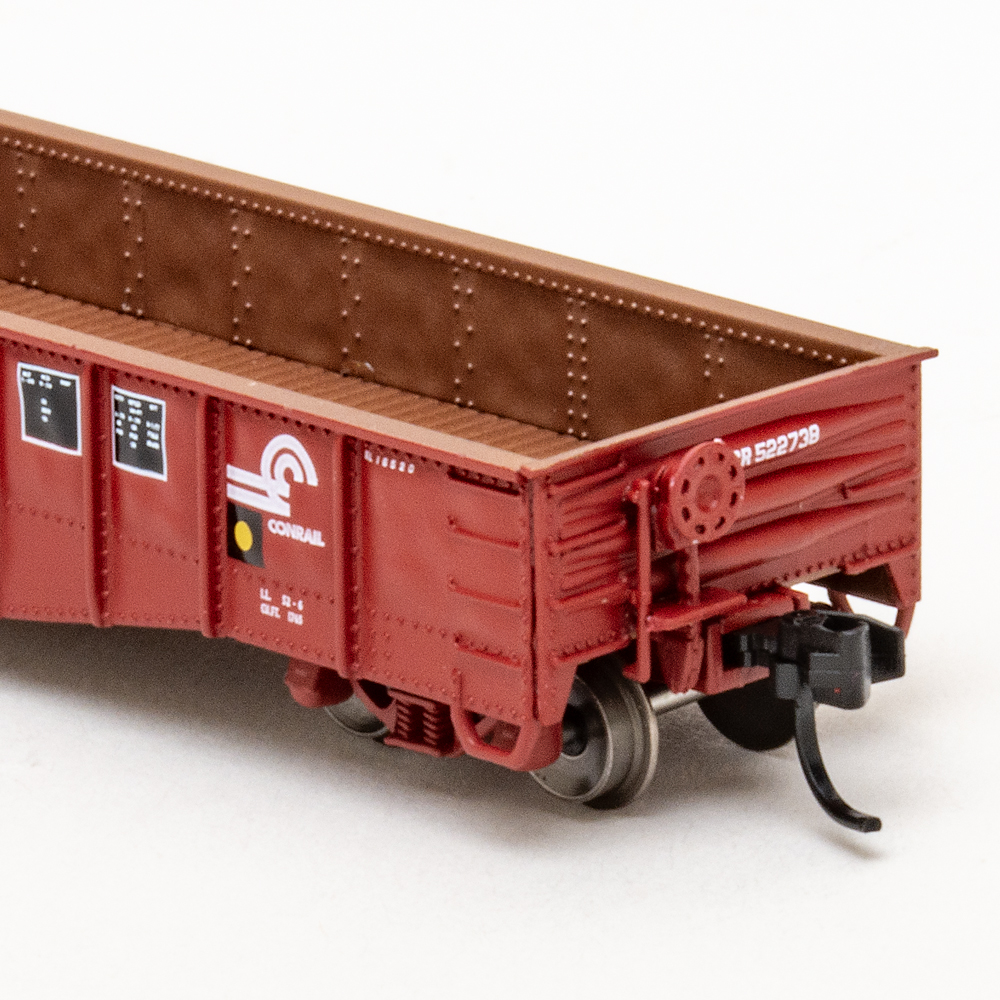
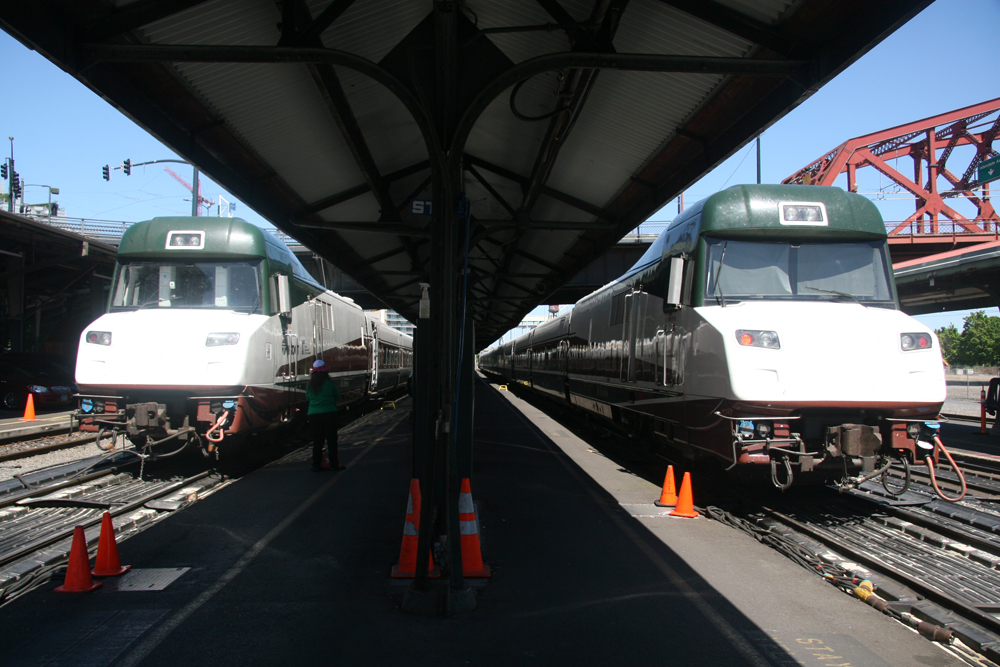
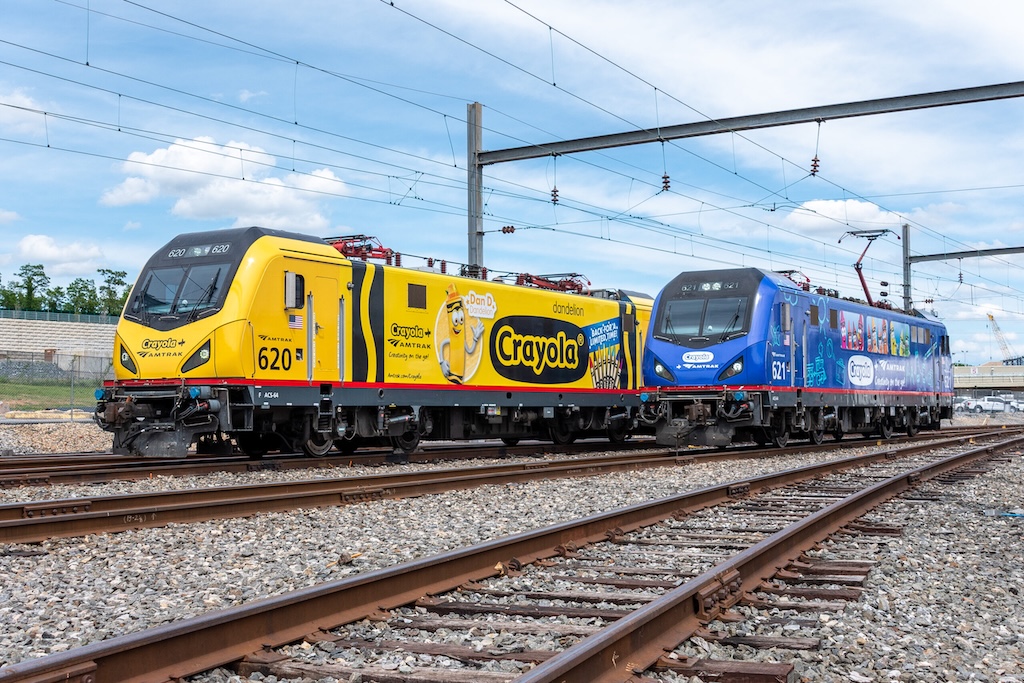
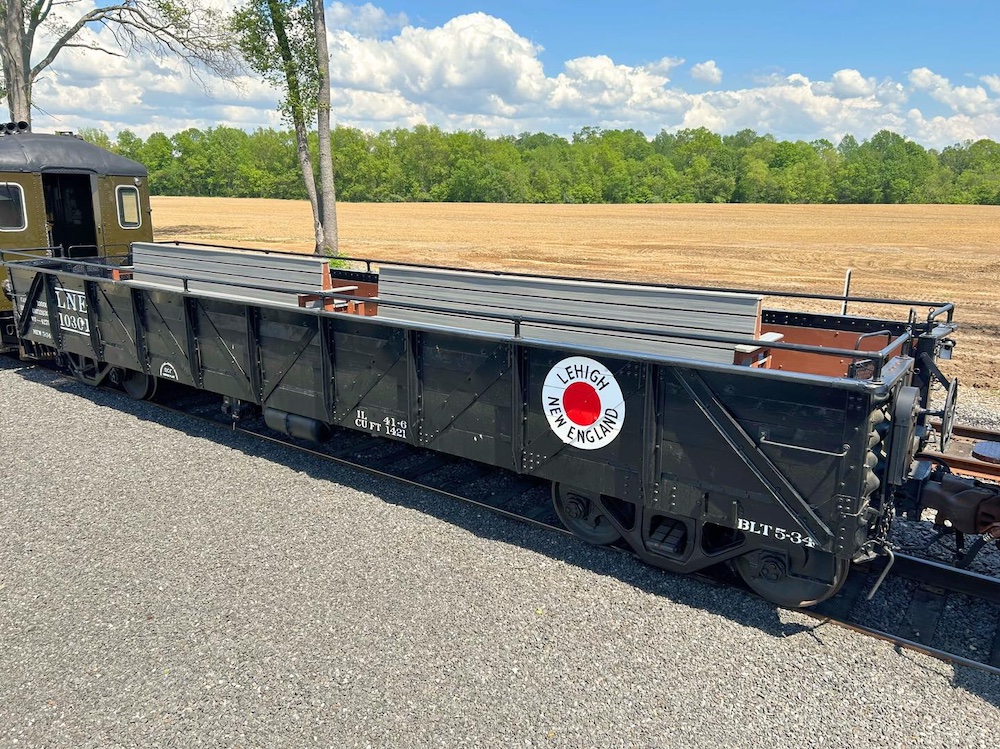




Building a high speed rail operation will be an even bigger flop than California. At least the valley is relative mountain free. Just near San Francisco and North of LA have mountains.Cost would make California look cheep.
In Washington & Oregon, more than half the line would in tunnels. You can put only so much in river valleys or along Puget Sound and they aren’t straight as an arrow. To get 200-250 MPH the lines must be straight or sweeping curves like France’s TGV lines
WOW $50 million to start Planning. It should be a hell of a plan. I wonder how many pages it will be.
At the pace things get done in this country, my 9 year old grand son’s grand children will be old. In this area it takes years to get road projects done on existing highways. I don’t even want to speculate on a project like this.
Would the balance of this route be all-new high speed track like the Brightline segment between Palm Beach and Orlando? Nice straight lines fenced where needed? And even some new tracks through the cities served? Land acquisition costs could be very high, but the only way to get large segments of 200+ MPH.
How do you get “nice straight lines” in Washington and Orgeon?
Let’s look at California. What they aren’t telling you is that (assuming the project ever gets built into SanFran and LA) is to use existing tracks which would be CalTrain in the Peninsula and who-knows-what in the LA Basin. What’s the speed limit between San Jose and the station in San Francisco?
Ditto in this silly Casacade proposal. How do you get a 200 mph or 250 mph train into Seattle? You can’t.
Here in the Midwest, it’s taken decades to get train speeds up to 110 mph. Except that the 110 mph is for a fraction of the trip. The trains get into Detroit or Chicago or Saint Louis at the speed of a bicycle.
The Cascades are fine the way they are. Very convenient and very well loaded. Stop pretending they will ever be faster.
Assuming Charles’ questions are not just rhetorical, the current fastest Caltrains cover the 45 miles between San Francisco and San Jose in 59 minutes with nine intermediate stops. With only one HSR station between those points, one would imagine HSR could get there a little quicker.
As to the situation in Southern California, the environmental clearances just completed show a separate right of way (no shared trackage with Metrolink) from the Tehachapis all the way into LA Union Station. In the San Fernando Valley the HSR and Metrolink trackage runs parallel in places, but is not blended the way it is with Caltrain.
Middle school students with a map and a sharpie would have come up with a better graphic. Note that the line on the map skips Tacoma and comes nowhere close to Olympia.
If Oregon and Washington want this planning study they should fund it themselves.
The time for Biden to retire was 50 years ago.
LOL 😀
No worries Charles, next four years means every rural community will be connected by a 4 lane freeway with bypasses galore. Dollars will just be shifting.
However, I do agree on Cascade comments. The more reasonable and more doable goal is to improve current service to 110-125 mph for these city pairs. More competitive than cars and almost the same time between city centers once you factor getting to the airport, through the security, board and back to the city, etc.. Heck, this grant could help or go a long ways to deal with the dismal slow speed curve over I-5 that resulted in a not very well trained engineer to miss the speed restriction & cause fatalities.